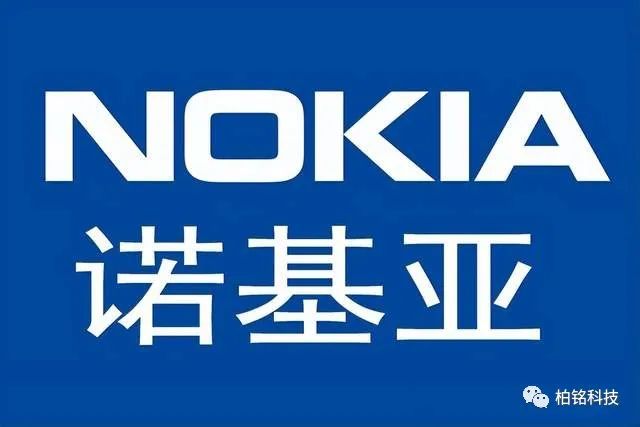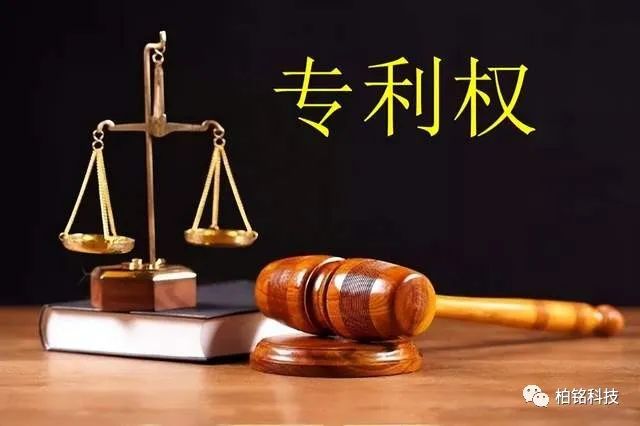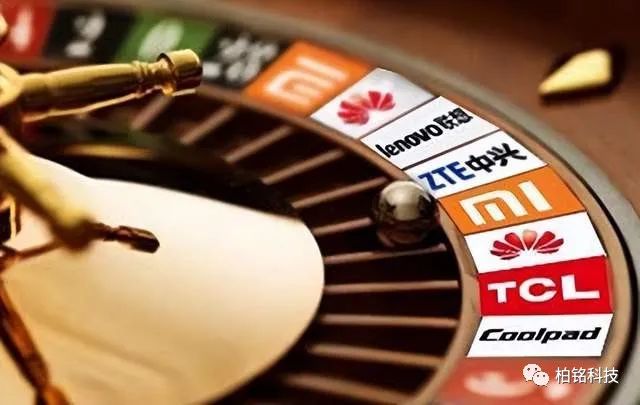Nokia sued a Chinese mobile phone company before, causing it to be removed from the shelves in Germany and France. Recently, another Chinese mobile phone company emptied all products from its official website in Germany, leaving only after-sales service information, which means that it is also temporarily banned in Germany. It's all about patent litigation.

This result is naturally related to the validity of patents. The first Chinese mobile phone company that was banned in Germany had previously signed a patent cooperation agreement with another Chinese technology company, but in the end it failed to escape being banned. The fate of Nokia's request for a ban on sales involves the validity of patents.
For a long time, the domestic media has widely reported that Chinese companies rank among the top in the number of patents in the world, and even rank first in the world. It seems that with so many patents, it should be able to escort domestic companies to the international market. However, from the current situation It can be seen that the large number of patents does not seem to have the desired effect.
In fact, regarding the quality of patents, some domestic media have also forwarded some questions from overseas media. At the beginning of 2020, domestic media quoted a "patent index" published by IEEE Spectrum, which pointed out that Qualcomm's patent index was as high as 4353. , which is far ahead of other manufacturers; Cisco's patent right index, which ranks second, is only 1638. From this, it can be inferred that many companies with patents are far inferior to Qualcomm in terms of patent quality.
The top four in the patent rights index are all American companies, and the fifth place is Nokia, which is also the company that initiated patent lawsuits against Chinese companies this time. It can be seen that although Nokia may not surpass Chinese companies in terms of the number of patents, it still Due to the better quality of patents, it has the confidence to continuously initiate patent lawsuits against Chinese companies.

As far as patents in the mobile communication industry are concerned, Apple can be used as another indicator of patent effectiveness. Apple can be said to be the toughest company in the world to deal with patent lawsuits. Qualcomm, Samsung and Nokia have successively launched patent lawsuits with Apple. It was quite long, and the two major patent giants, Qualcomm and Nokia, both forced Apple to bow its head, because Apple finally paid patent fees to these two companies, all of which have official information released by Apple.
Whether these Chinese companies with patents will sue Apple and get patent fees from Apple is a test of their patents. If they win, the patents of these companies will be recognized globally. If they lose, the consequences can be imagined. Because the impact of asking for patent fees from Apple is very far-reaching, once a Chinese company successfully collects patent fees from Apple, it will inevitably cause huge repercussions. However, whether Chinese companies charge Apple for patent fees is still quite confusing. Why?
It is precisely because of the benchmarking significance of the patent lawsuit with Apple that companies that basically win the patent lawsuit against Apple can force other companies to bow their heads and pay patent fees. In the past, many mobile phone companies in China also obediently paid patent fees to Qualcomm and Nokia. Yes, until now Nokia has successively launched patent lawsuits against two Chinese mobile phone companies.
The impact of the patent litigation between these two Chinese mobile phone companies and Nokia will not only be limited to themselves, but will also have an important impact on other Chinese companies with patent advantages, especially one of them not long ago. After signing a patent cooperation agreement, whether it will use this to fight back against Nokia, or whether the company that licensed the patents to this Chinese mobile phone company will allow this Chinese mobile phone company to use its patents to counterclaim Nokia. These are all things worth pondering.

Generally speaking, the patent strength widely publicized by the domestic media in the past only talked about the number of patents and ignored the quality of patents, which is indeed biased. With the patent litigation of Nokia, how the comprehensive patent strength of Chinese enterprises will be revealed. Nokia won the lawsuit in the end, so Nokia is likely to further increase the patent fee. It will be worth watching whether Qualcomm, Ericsson and other companies with patents will follow up with patent litigation to re-establish their patent influence.